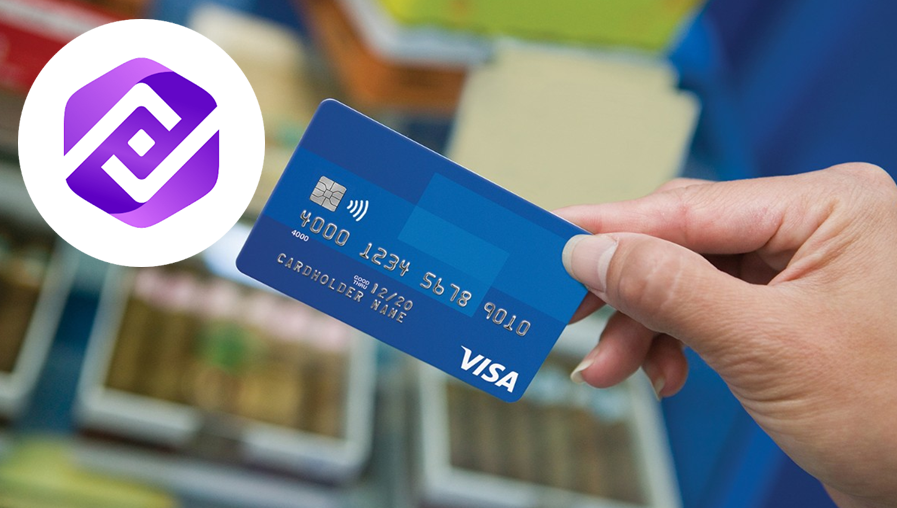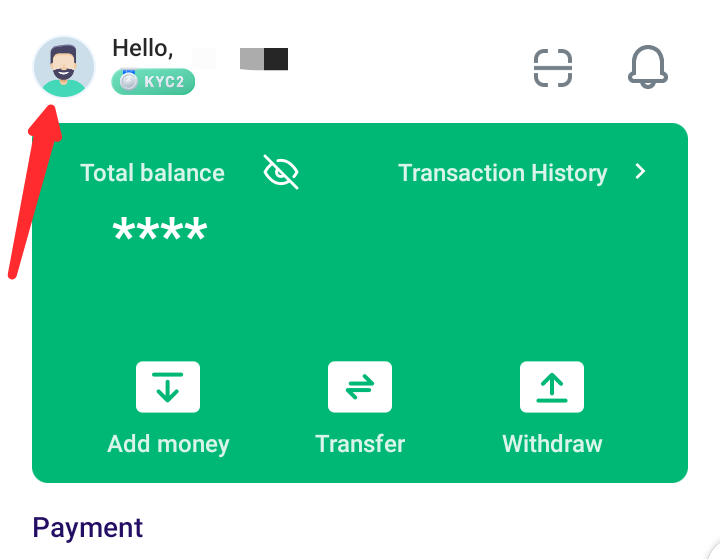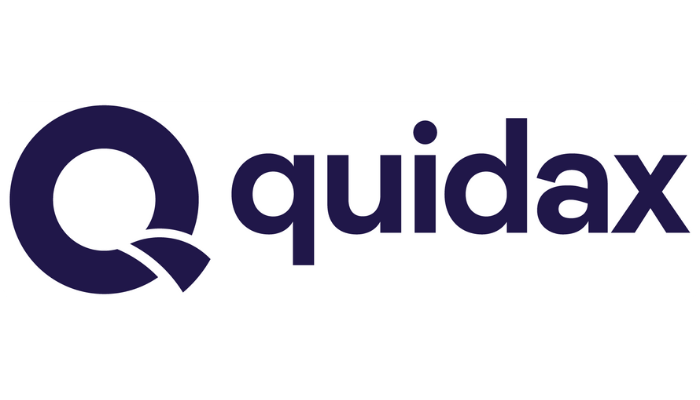Student loans are a great way to fund your education in Nigeria. They provide financial assistance to those who are unable to pay for their education out-of-pocket and need help covering the cost of tuition and other educational expenses. In this blog post, we will be discussing everything you need to know about student loans in Nigeria, including requirements, how to apply, repayment, and frequently asked questions. With this comprehensive guide, you will be able to navigate the student loan process in Nigeria with ease and confidence.
Eligibility requirements for a student loan in Nigeria
When it comes to applying for a student loan in Nigeria, there are certain eligibility requirements that you need to meet. These requirements may vary depending on the lender, but here are some common criteria:
- Nigerian citizenship: Typically, you need to be a Nigerian citizen to be eligible for a student loan in Nigeria.
- Admission to an accredited institution: You must have secured admission into an accredited institution, such as a university, college, or vocational school.
- Age requirements: Some lenders may have age restrictions for student loans, so make sure you fall within the specified age range.
- Good academic standing: Many lenders require applicants to have a certain GPA or academic standing to be eligible for a student loan. This ensures that the loan is being provided to students who are committed to their education.
- Co-signer: Depending on the lender, you may be required to have a co-signer, such as a parent or guardian, who will be responsible for the loan if you fail to repay it.
- Proof of financial need: You may be asked to provide documentation of your financial need, such as proof of income or financial statements.
It’s important to note that these are just general eligibility requirements, and each lender may have additional criteria. Make sure to carefully review the specific requirements of the lender you are considering before applying for a student loan in Nigeria.
How to apply for a student loan in Nigeria
When it comes to applying for a student loan in Nigeria, the process can vary depending on the lender. However, here are some general steps you can take to apply for a student loan:
- Research and compare lenders: Start by researching different lenders that offer student loans in Nigeria. Look at their eligibility criteria, interest rates, repayment options, and any additional fees or requirements. This will help you narrow down your options and find the best fit for your needs.
- Gather necessary documents: Once you’ve selected a lender, gather all the necessary documents for your loan application. This may include your admission letter to an accredited institution, proof of Nigerian citizenship, academic transcripts, financial statements, and any other documents specified by the lender.
- Complete the application form: Fill out the application form provided by the lender. Make sure to provide accurate and up-to-date information. Double-check all the details before submitting your application to avoid any errors or delays.
- Submit your application: Once you have completed the application form and gathered all the required documents, submit your application to the lender. This can usually be done online or in-person, depending on the lender’s preferred method.
- Wait for a decision: After submitting your application, you will need to wait for the lender to review and evaluate it. This process may take some time, so be patient. Some lenders may require additional information or documentation during this stage.
- Accept the loan offer: If your application is approved, you will receive a loan offer from the lender. Carefully review the terms and conditions, including the interest rate, repayment schedule, and any other details. If you are satisfied with the offer, accept it and proceed with the next steps.
- Disbursement of funds: Once you have accepted the loan offer, the lender will disburse the funds to your educational institution. The funds can be used to cover your tuition fees, books, and other educational expenses.
Remember, it is important to carefully review and understand the terms and conditions of the loan before accepting it. Be sure to ask any questions you may have and seek clarification if needed. Applying for a student loan can be a complex process, but with careful planning and research, you can navigate it successfully. Good luck!
Repayment options for a student loan in Nigeria
Repayment options for a student loan in Nigeria can vary depending on the lender and the terms of the loan. It’s important to understand your repayment options before taking out a student loan, so you can plan your finances accordingly. Here are some common repayment options to consider:
- Standard Repayment Plan: This is the most common repayment option, where you make fixed monthly payments over a set period of time. The loan is usually repaid within 5 to 10 years, depending on the terms of the loan.
- Graduated Repayment Plan: With this option, your monthly payments start off lower and gradually increase over time. This can be beneficial if you expect your income to increase in the future.
- Income-Driven Repayment Plans: These plans adjust your monthly payments based on your income and family size. They can be a good option if you anticipate having a lower income after graduation or if you have a large amount of student debt.
- Loan Forgiveness Programs: In some cases, you may be eligible for loan forgiveness after a certain period of time, particularly if you work in public service or certain other professions. These programs can help reduce or eliminate your remaining loan balance.
- Early Repayment: If you have the means to do so, you can choose to make extra payments or pay off your loan early. This can help you save on interest and become debt-free sooner.
It’s important to note that these are just some of the repayment options available, and each lender may offer different plans. It’s crucial to carefully review the terms and conditions of your loan and consider your financial situation before selecting a repayment option. Remember, the goal is to repay your loan in a way that is manageable for your budget and financial goals.
Read Also: Rockit Lenders Nigeria Limited – How to Take a Loan From Them
FAQS
How are student loan payments applied?
- Student loan payments are typically applied in the following order:
- Interest: The first portion of your payment goes toward covering the accrued interest on your loan(s).
- Fees: If there are any fees associated with your loan, such as origination fees, they are usually paid next.
- Principal: After interest and fees are addressed, the remaining amount of your payment is applied to reduce the principal balance of your loan.
How to create a student loan repayment plan?
- Creating a student loan repayment plan involves these steps:
- Gather Loan Information: Collect all your student loan details, including types of loans, interest rates, and outstanding balances.
- Assess Your Financial Situation: Determine your monthly budget and available funds for loan repayment.
- Choose a Repayment Plan: Select a suitable repayment plan, such as standard, income-driven, or extended repayment.
- Set Up Auto-Pay: Enroll in automatic payments to ensure timely payments and potential interest rate reductions.
- Consider Extra Payments: If possible, make additional payments to reduce the principal balance faster.
- Monitor Your Progress: Regularly review your loan statements and adjust your plan as needed.
How do I push back my student loan repayment?
- To temporarily delay or defer student loan payments, you typically need to contact your loan servicer and request a deferment or forbearance. These options allow you to postpone payments under certain circumstances, such as financial hardship, unemployment, or enrollment in school.
What are the requirements for student loans?
- Requirements for student loans can vary depending on the type of loan and the lender. However, some common requirements include:
- Enrollment in an eligible educational institution.
- U.S. citizenship or eligible non-citizen status.
- Completion of the Free Application for Federal Student Aid (FAFSA).
- Satisfactory academic progress.
- Agreement to repay the loan, typically through a promissory note.
What are the conditions for student loan bills in Nigeria?
- The conditions for student loan bills in Nigeria may vary depending on the specific loan program or lender. However, some general conditions can include:
- Repayment start date, typically after completing your education.
- Interest rates, which may be fixed or variable.
- Grace periods, during which payments may be deferred.
- Repayment terms and options, such as standard, income-driven, or graduated plans.
- Penalties for late payments or default.
- Availability of loan forgiveness or discharge options.
It’s important to review your loan agreements and communicate with your loan servicer or lender to understand the specific conditions and requirements associated with your student loans.
Conclusion
In summary, student loans in Nigeria play a vital role in helping students pursue their dreams of higher education. They provide financial assistance to those who are unable to pay for their education out-of-pocket, allowing them to focus on their studies without the burden of immediate payment. By understanding the requirements, application process, and repayment options for student loans in Nigeria, you can navigate the process with confidence and make informed decisions.
Remember, student loans are a financial responsibility and should be approached with careful consideration. By being well-informed and making informed decisions, you can take full advantage of student loans in Nigeria and pursue your education with confidence. Good luck on your educational journey!






